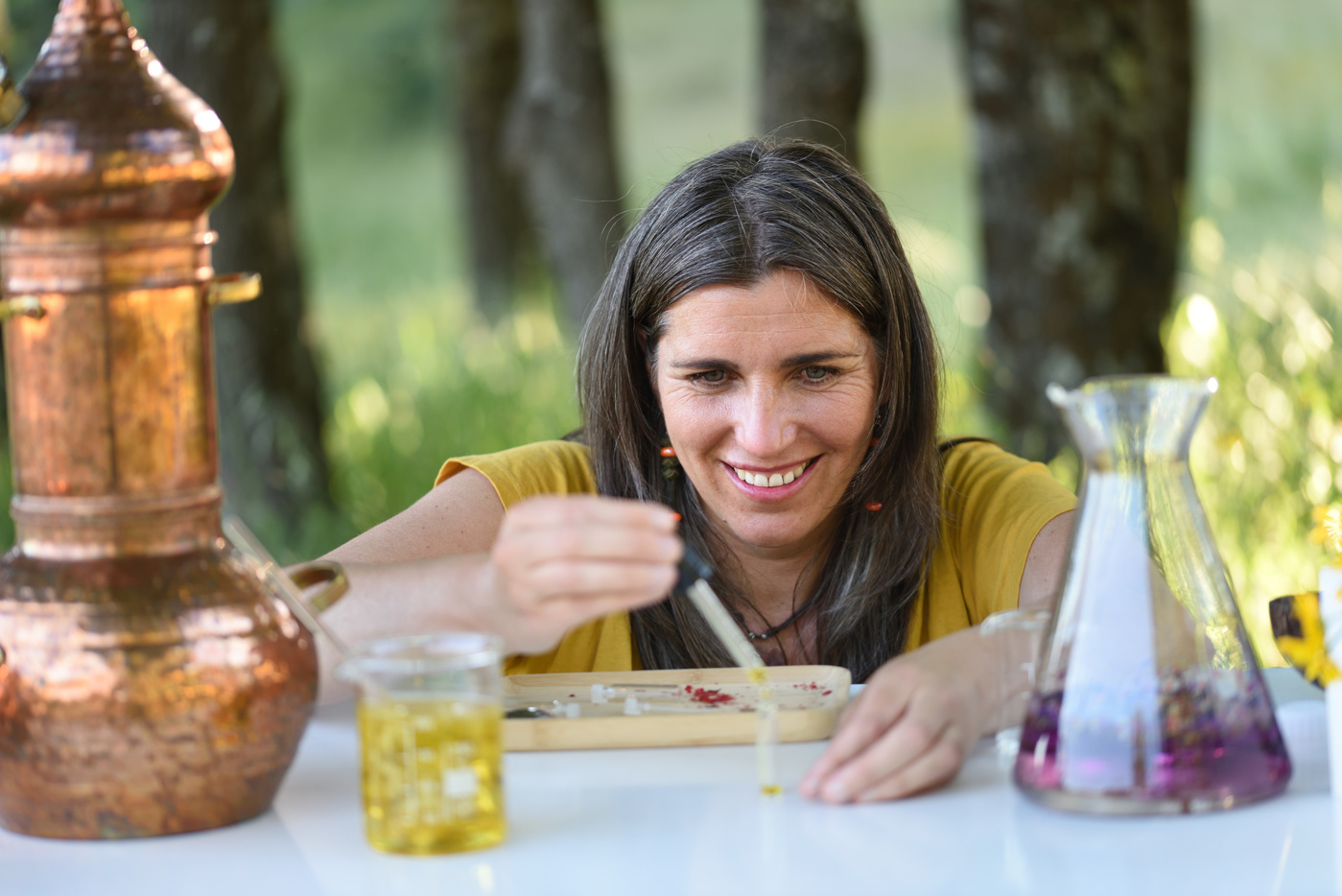What does working with naturopathy look like in everyday working life?
The term naturopathy covers a broad spectrum of naturopathic, alternative medical and complementary therapeutic methods and traditional health systems. The activities can vary accordingly, such as those of a radiesthesist (commuter) who offers his medial skills in his free time and free of charge, or a federally certified naturopath specializing in Ayurvedic medicine with her own practice and employees.
Depending on the method or healing specialty, different methods are used, for example manual massage, sensory massage with sounds or olfactory impulses, heat or cold (e.g. in the form of compresses), mental meditation, movement sequences, the administration of remedies, etc.
Naturopathy clients are people with health problems who want to be treated and thus stimulate their self-healing powers - often in addition to conventional medical treatments. At the beginning of a treatment, the practitioners ask about the client's life situation and complaints. This is followed by treatment using the respective method. Some naturopathic specialties also include detailed examinations and analyses, e.g. blood tests, palpation and tapping, kinesiological tests, pulse diagnosis, etc. In this way, for example, energetic blockages or metabolic stresses can be identified.
Many people who work in naturopathy run their own practice and not only take care of treatments, but also administration, correspondence, appointments, advertising, bookkeeping, etc. Doctors or other people in the healthcare sector often expand their specialist knowledge with naturopathic knowledge and skills and incorporate them into their conventional medical practice as a supplement.

